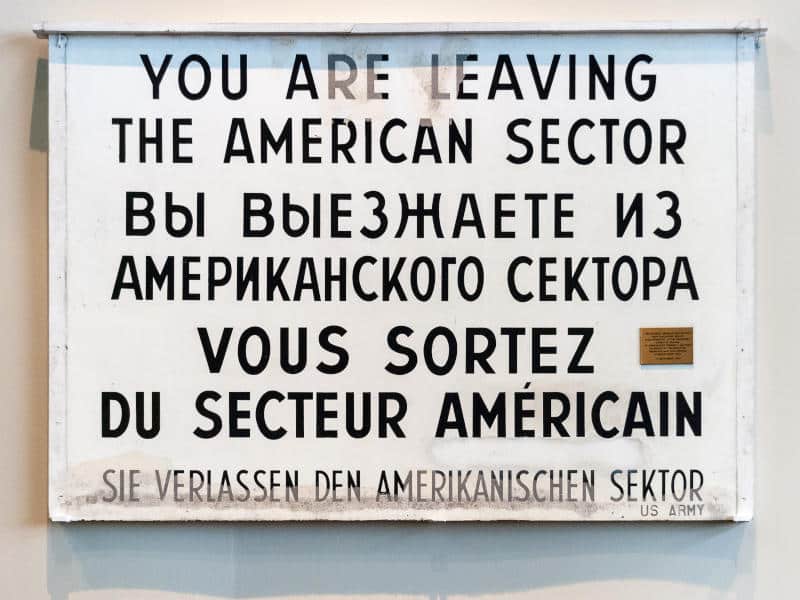
Translation Challenges – good translations are important (Topic Discussion)
- Nelly
- July 10, 2024
- Board Games
Translation challenges can pose a significant hurdle for both professional translators and individuals seeking to communicate across languages. Good translations are essential in order to accurately convey meaning, cultural nuances, and intent between languages. In this article, we will explore some of the common challenges that translators face and why good translations are so important.
One of the main challenges in translation is accurately conveying the meaning of words and phrases from one language to another. Sometimes, words in one language simply do not have an equivalent in another language, making it difficult to capture the exact meaning in translation. This can lead to misunderstandings and confusion if not handled carefully by the translator.
Cultural differences also present a challenge in translation. Certain concepts or expressions may be unique to a particular culture, and may not have an equivalent in another language. Translators must navigate these cultural nuances in order to provide an accurate and meaningful translation that conveys the intended message.
Another challenge in translation is maintaining the flow and tone of the original text. It can be difficult to capture the author’s voice and style in translation, especially when dealing with complex or emotional content. Translators must carefully consider the tone of the original text and work to replicate it in the translated version.
Good translations are important for a variety of reasons. They allow individuals to communicate across language barriers, enabling the exchange of ideas, information, and culture. Good translations also facilitate international business transactions, diplomacy, and academic research. Inaccurate or poor translations can lead to confusion, miscommunication, and even offense.
In order to achieve good translations, translators must possess a deep understanding of both languages, as well as the cultural context in which the text was written. They must be able to accurately convey the meaning, tone, and intent of the original text while also adapting it for the target audience. Translating is a skill that requires attention to detail, patience, and creativity.
As our world becomes increasingly interconnected, the need for good translations will only continue to grow. In an era of global communication, accurate and meaningful translations are essential for bridging the gap between languages and cultures. By recognizing and addressing the challenges that translators face, we can work towards improving the quality and impact of translations in our increasingly diverse and interconnected world.


